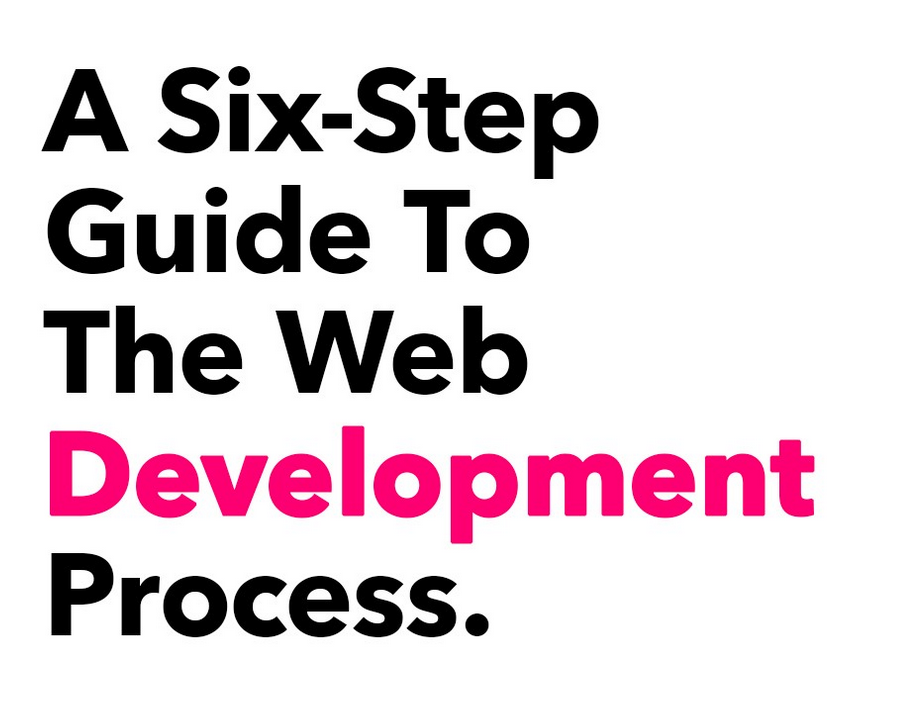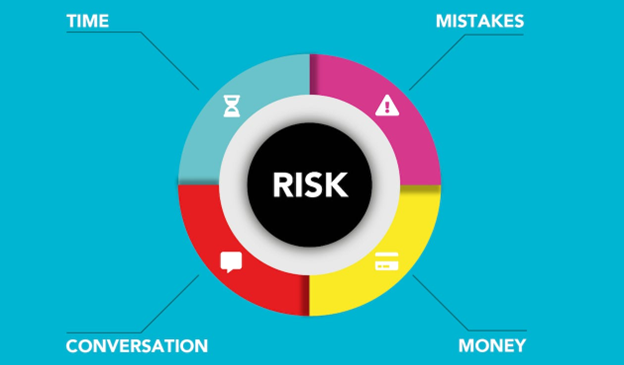Google is constantly crawling every piece of content on the internet. With over 7.5 million blog posts published daily, search engine algorithms are responsible for deciding what pages fly to the top and which ones stay hidden in a Google search.
The question is, how can you ensure that your content arrives at the top of the pile? Aside from optimising your site speed and raising brand awareness, one key strategy known for skyrocketing your exposure is the E-A-T principle.
Otherwise known as expertise, authority and trustworthiness, mastering the E-A-T trio could be the key to enjoying marketing UX success. Stick with us as we jump into the ins and outs of SERP rankings in 2023 and reveal the trending E-A-T strategies to include in your SEO.
What is E-A-T?
According to experts at Search Engine Journal: “E-A-T is defined as expertise, authoritativeness, and trustworthiness. It is a system by which Google Quality Ratings determine the quality of content. In other words, E-A-T conceptualises ranking factors, and it is a criterion for analysing what content to display in search results to provide the best experience and information.”
While E-A-T may not be an official ranking factor or signal for Google’s search algorithm, it still carries a great deal of weight when striving to create credible, SEO-friendly content.
E-A-T principles should be used as criteria to assess your current content and how it is perceived by your audience. Your site content should be full of expertise and authority and be trustworthy if you want targets to stick around and Google to rank your page as a credible source.
When talking about the E-A-T strategy, Google itself admits to employing search quality raters to analyse content for expertise, authority and trustworthiness.
“At Google, we’re always working on ways we can improve your Search experience,” the search engine states. “We constantly experiment with ideas to improve the results we see. One of the ways we evaluate those experiments is by getting feedback from third-party Search Quality Raters. Quality Raters are spread out all over the world and are highly trained using our extensive guidelines. Their feedback helps us understand which changes make Search more useful.”
The way to master E-A-T 1.0 is to simply create high-quality content that is backed up by expert sources and further endorsed by authoritative, influencers and brand giants within your niche.
The question is, how can marketers tackle expertise, authoritativeness and trustworthiness in the newly renovated digital landscape?
Unleashing E-A-T 2.0 (E-E-A-T)
E-A-T 2.0 covers the newest expansions of the internet. We’re talking AI, more user-generated and user-verified content and, of course, the introduction of real-time updates.
Here are some of the internet updates that could impact how we review content in 2023.
- AI-powered evaluation: As AI advances, so does its ability to process natural language. On the back of the release of chatbots like ChatGPT, AI could become a partner in evaluating content and its factuality.
- Transparency and misinformation: Consumers are more protective about their data than ever before, so search engines are transforming to align with new transparency trends. This could mean that Google will crawl content for affiliations, sponsorships, and conflicts of interest.
- User-generated content: More platforms are incorporating UGC as a key source of authentic content. Including verified reviews, first-hand experiences, and positive testimonials could contribute to a positive E-A-T score in 2023.
- Real-time updates: Thanks to the proliferation of social media, real-time news, alerts and content have become the new norm. In order to ensure authority and expertise, brands should be constantly updating their content during evolving situations.
The SEO game is constantly evolving. As 2023 brings AI-powered content evaluation and real-time updates, it also brings with it a new ‘E’ to add to the famous E-A-T algorithm.
(Image Source: WordStream)
“As of December 2022, Google’s popular EAT acronym (Expertise, Authority, Trust) has gotten an additional E: Experience, making it E-EAT,” says experts at Wordstream. “Google will now consider the experience of the author or creator when evaluating the quality of content.”
How To Take Your Credibility One Step Further
In the wake of E-E-A-T, it’s time to take your content credibility one step further. Not only does it boost your UX success as a small business, but also takes your authority as a brand to a top level. Here are three ways to demonstrate experience, expertise, authority and trustworthiness in a unique way you may not have tried.
Content Review Panels
Did you know that 86% of consumers want to see transparency from the brands they engage with?
“Customers crave transparency. If they don’t, they’ll shop elsewhere. Transparency is important because it proves that a company has more than its own bottom line in mind. By being transparent with information, associations, and even mistakes, you’ll help build consumer trust.” says Julia McCoy, Founder, Author, and Educator at The Content Hacker.
This is why collaborative content review panels are a great way to ensure that your content is accurate and factual before being published. Letting your audience know that your content has been collaboratively reviewed is a great way to be transparent about your insights and prove credibility.
Interactive Knowledge-Sharing
One way to ensure that your content is authoritative in a sea of composition is to take advantage of the ability to host live webinars, events and discussions across the globe.
Launch Ask Me Anything (AMA) sessions and even a panel discussion to help present your insights and share knowledge in an interactive format. This will build authority simply by association as a host.
Take the well-known digital marketing brand Moz. Founder Rand Fishkin is a significant contributor to E-A-T simply by sharing knowledge resources regularly in online webinars, interviews and panel discussions.
Showcase User-Generated Expertise
Last but not least, stay on top of the UGC curve. User-generated content is more popular than ever before, so if you want your site to be full of expertise, and authenticity, consumers are much more likely to trust each other than the brand itself.
In fact, a whopping 79% of shoppers claim that UGC impacts their online experience and purchase decisions.
Make sure that you’re regularly sharing guest posts, reviews and testimonials for the full E-E-A-T effect!
Mastering E-E-A-T and Beyond
“These days, an overnight takeover of Google’s results pages is long gone. It takes time to establish E-E-A-T,” claims Neil Patel, founder of NPDigital. “The good news is that if you land a high E-E-A-T, it will be difficult to knock you out of Google’s top ranks.”
Taking time to focus on your E-A-T score is a great way to build credibility for your brand. The question is, when will you start?
- E-A-T 2.0: Mastering Expertise, Authoritativeness, and Trustworthiness for UX Success - October 24, 2023
- Voice-Driven Commerce: How To Design A Conversational Website for Effortless Online Shopping - September 12, 2023
- Could Neglecting Sound Design Be Ruining Your UX Success? - September 13, 2022
![]() Give feedback about this article
Give feedback about this article
Were sorry to hear about that, give us a chance to improve.








